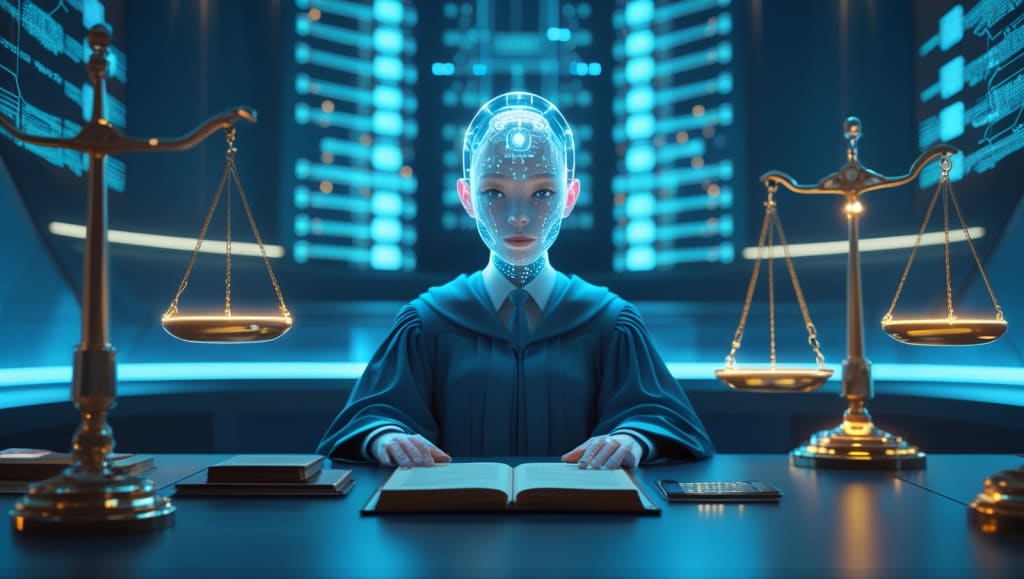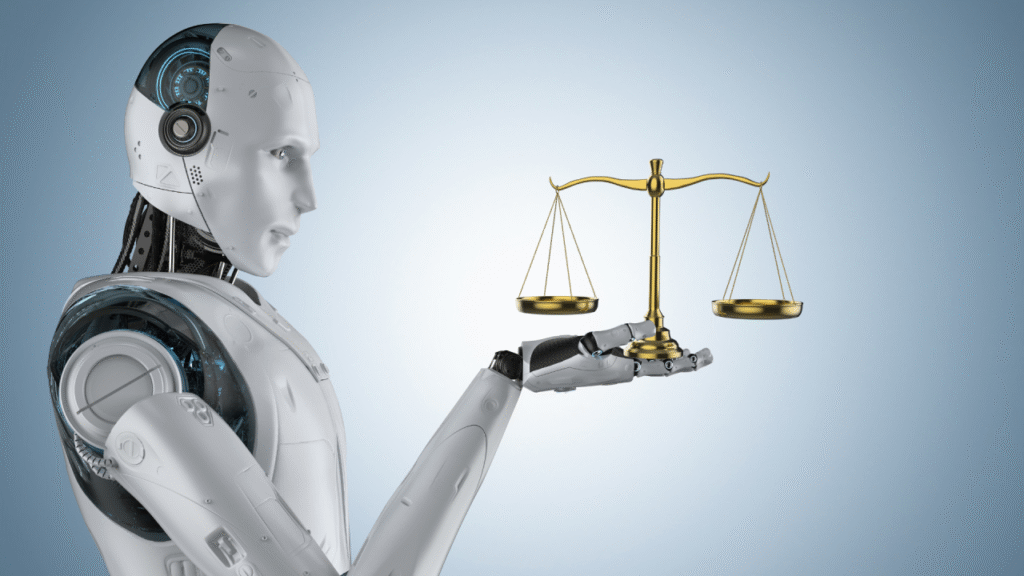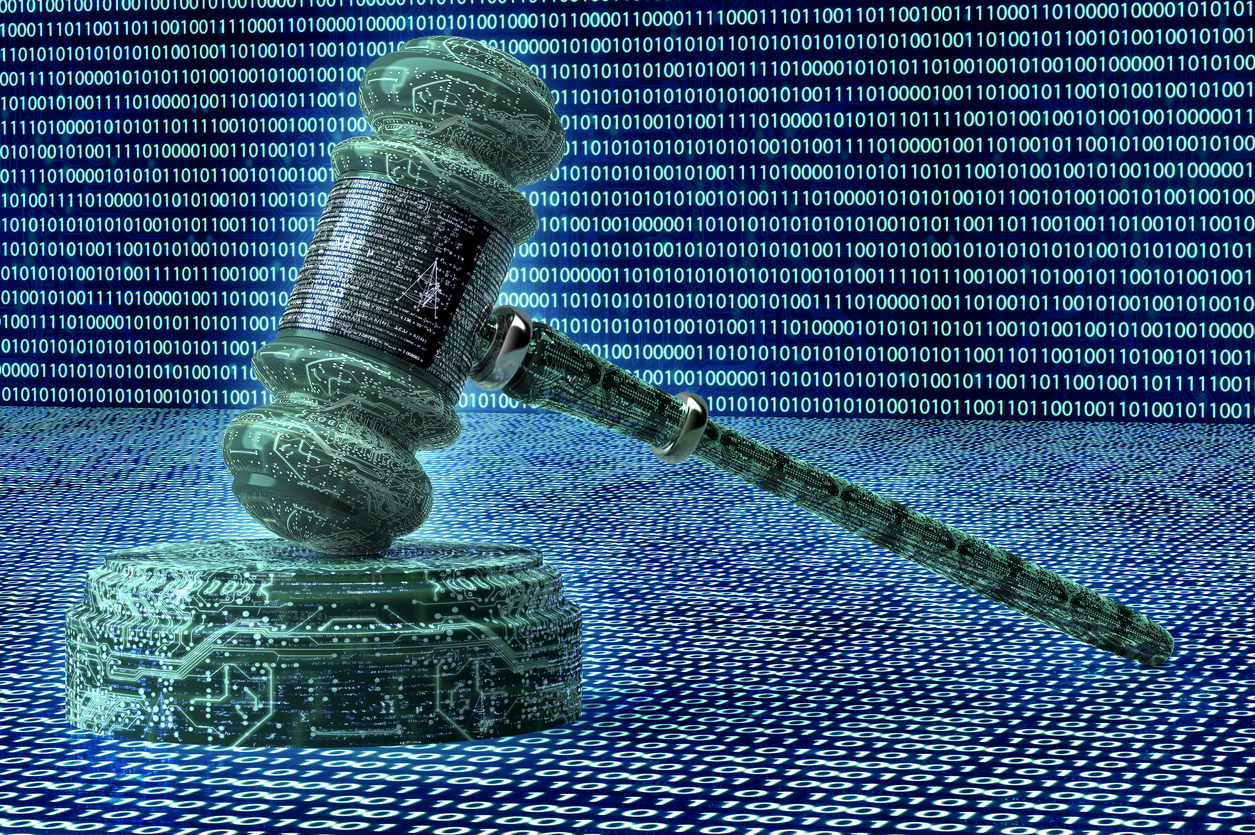AI in Criminal Courts 2025 | Ultimate Guide to Defendants’ Rights & Legal Defense
Table of Contents
Introduction: Why AI in Criminal Courts Matters Now
Artificial Intelligence (AI) has transformed nearly every industry — and now it’s transforming the courtroom. From AI-powered facial recognition to predictive algorithms for bail and sentencing, the use of AI in criminal courts is rapidly expanding across the U.S. But this raises urgent questions:
- Can AI evidence be trusted?
- What happens when algorithms are biased?
- Do defendants risk losing their constitutional rights in the name of “efficiency”?
In this ultimate guide, we’ll explore how AI in criminal courts is reshaping trials in 2025, what risks defendants face, and the strategies criminal defense lawyers are using to protect clients.
The Rise of AI in Criminal Courts
Across states like New York, California, and Texas, courts are experimenting with AI systems to:
- Identify suspects through facial recognition.
- Predict whether defendants are likely to reoffend.
- Recommend bail amounts.
- Suggest sentencing ranges.
While these tools promise faster decision-making, critics argue they often amplify racial and socioeconomic biases already present in the justice system.
👉 Live Example: In 2024, a man in Detroit was wrongfully arrested after AI-driven facial recognition software incorrectly identified him as a robbery suspect. Despite video evidence, he spent days in custody before the mistake was discovered. This is not an isolated case—several states have now launched investigations into wrongful arrests linked to AI.
Risks of AI Evidence in Criminal Trials
- Bias and Discrimination – AI tools often rely on historical data that reflects systemic bias, meaning minority groups can be unfairly targeted.
- Lack of Transparency – Many AI systems are proprietary, making it nearly impossible for defense attorneys to challenge how the algorithm reached its conclusion.
- Due Process Violations – Courts relying on AI risk sidelining human judgment, raising questions about whether defendants receive a fair trial.
- Privacy Concerns – AI-driven surveillance can collect vast amounts of personal data without proper oversight.

Defendants’ Rights in the Age of AI
Even as AI expands, defendants still have core rights guaranteed by the U.S. Constitution:
- Right to Confront Witnesses – Can you cross-examine an algorithm? Courts are grappling with this very question.
- Right to a Fair Trial – Defense lawyers are increasingly challenging AI evidence as unreliable or prejudicial.
- Right to Privacy – Courts are beginning to set limits on how AI surveillance can be used without warrants.
How States Are Responding
Different states are handling AI in criminal courts in different ways:
- California: Passed laws requiring transparency in AI-based sentencing recommendations.
- New York: Considering limits on facial recognition after multiple wrongful arrest cases.
- Texas: Actively exploring AI for bail reform but facing backlash from civil rights groups.
This patchwork approach means defendants in one state may have stronger protections than in another.
Defense Strategies Against AI Misuse
Criminal defense lawyers are now developing AI-focused defense strategies, such as:
- Challenging Algorithmic Bias – Filing motions to exclude AI evidence unless its reliability can be proven.
- Cross-Examining AI Vendors – Demanding access to the algorithms and data used in prosecutions.
- Using Expert Witnesses – Bringing in AI and data science experts to explain flaws in the technology to juries.
- Arguing Constitutional Violations – Claiming that reliance on AI undermines the Sixth Amendment right to a fair trial.
The Human Cost of AI Errors
Behind every wrongful AI decision is a human life. Being misidentified by a machine doesn’t just mean arrest — it can mean:
- Loss of employment.
- Damage to reputation.
- Psychological trauma.
- Financial ruin from legal costs.
👉 Case Study: In New Jersey, an AI-powered risk assessment tool labeled a defendant as “high risk” despite no violent history. He was denied bail, lost his job, and spent months in jail before being cleared. This example shows how AI in criminal courts can devastate lives before guilt or innocence is ever proven.
YouTube Touch: Public Debate is Growing
Media and legal commentators are sounding alarms. For example, YouTube is full of debates such as:
🎥 “Should AI Decide Who Goes to Jail?” – A panel discussion exploring whether technology belongs in the courtroom.
Embedding such videos on your site not only informs readers but also boosts engagement and SEO.

Why This Matters for Criminal Defense Lawyers
For defense attorneys, understanding AI in criminal courts is no longer optional—it’s essential. Clients facing AI-driven evidence need advocates who can:
- Recognize flaws in machine learning.
- Challenge biased algorithms.
- Protect constitutional rights against automated injustice.
Selling Proposition: If you or a loved one faces charges involving AI-based evidence, hiring a lawyer who understands both law and technology is critical.
Conclusion: The Future of AI in Criminal Courts
AI may be the future of criminal law, but that future is not without risk. While courts promise efficiency, defendants must be wary of bias, errors, and constitutional violations.
As wrongful arrests and AI misidentifications rise, defense lawyers are the last line of protection against digital injustice. The challenge in 2025 is clear: to balance innovation with fairness, and to ensure that technology never replaces human rights.


Leave a Reply